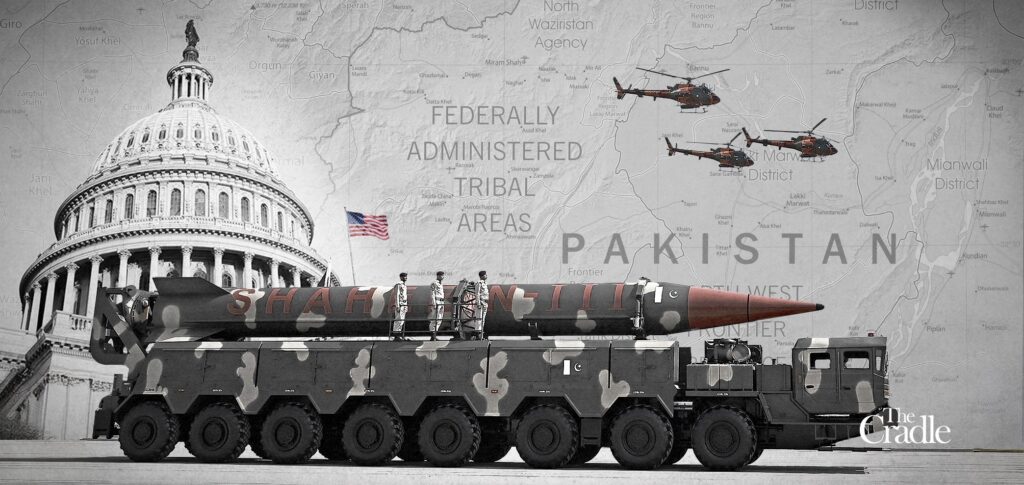In a surprising turn of events, former President Donald Trump has brokered a truce between the U.S.-backed Saudi coalition and the Houthi rebels in Yemen, signaling a potential shift in Middle Eastern geopolitics. The ceasefire agreement, which comes after years of intense conflict and humanitarian crisis in Yemen, promises to halt hostilities and allow humanitarian aid to reach the war-torn country. However, while this diplomatic breakthrough is seen as a win for regional peace, it raises crucial questions about Israel’s security and its place in the shifting power dynamics of the region.
The truce, which has received cautious optimism from international organizations, also highlights the deepening influence of the Houthis in the Arabian Peninsula. With strong ties to Iran, the group has been a key player in the broader regional conflict, often fueling tensions with Saudi Arabia and other U.S.-aligned nations. While Trump’s involvement in negotiating peace signals a potential realignment in U.S. foreign policy, many Israeli officials are concerned that this new alliance between the Houthis and Tehran could embolden Iran’s position in the region, further destabilizing Israel’s security. The growing Iranian influence in neighboring countries like Iraq, Syria, and now Yemen, could set the stage for heightened threats to Israel’s borders.
Despite the temporary calm in Yemen, Israel remains at risk as it faces mounting challenges on multiple fronts. The U.S. truce may shift resources and focus away from Israel’s security concerns, leaving the country more vulnerable to escalating tensions with Iran-backed militias in Lebanon and Syria. While Trump’s truce could pave the way for a more strategic approach in the Middle East, its long-term impact on Israel’s defense strategy remains uncertain. The question remains whether this truce will help bring lasting peace to Yemen or simply embolden the forces that threaten Israel’s existence.



